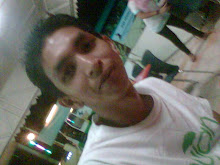
Ivory Coast international Drogba arrived in France in 1983, living with his uncle Michel Goba - who had also been a professional footballer in the French Second Division.
He began his career as a right-back with Dunkirk, before being converted to a striker during his time with Abbeville.
After an enforced sabbatical he joined Levallois in 1994 and then opted to join less glamourous club Le Mans where he was coached by his 'spiritual father', Marc Westerloppe.
The striker was never prolific for Le Mans, and he fell out of favour after Westerloppe had been sacked and replaced by Thierry Goudet.
Guingamp came in in for the player in 2001, and in 2002/03 their faith in the player's ability was repaid with 17 goals. Drogba also won his first ever call-up into the full Ivory Coast squad.
In the summer of 2003 he was signed by Marseille for £3.3million. The player enjoyed an outstanding season, scoring five Champions League goals despite Marseille's exit in the group stage.
His form continued in the UEFA Cup, bagging a further six goals as Marseille lost out in the final to Valencia.
New Blues boss Mourinho got his man for an undisclosed fee - believed to be £24million, smashing the British record fee for a striker in the following summer.
Drogba made his debut for the club in a 1-0 victory over Manchester United on the opening day of the 2004/05 campaign.

No comments:
Post a Comment